In "Working in a sports organization between passionate commitment and professional investment", Caroline Chimot and Manuel Schotté describe the objective conditions of work (hours, types of positions ...) and the subjective conditions of work (feeling, method, career plan ...) . It is the persistence and continuity of an associated value organization, despite the development of wage labor in this sector. It is therefore the combination of professionalisation and volunteering that will be at the heart of the problem.
They demonstrate the scope and limits of the development of employment in the associative sports sector: changes in employment and in particular the development of employment to meet the competition of the commercial sports offer. To also meet the demand for qualifications of sports educators. It is a fragile professional situation characterized by the frequency of fixed-term contracts, precarious contracts and low wages. Two major types of factors contributing to frailty are distinguished. This is the structure and organization of this sector, and the place of volunteering and the values associated with it.
The structure and organization of this sector because it is a sector that is marked by a great fragmentation of potential employers. The place of subsidized jobs contributes to a certain precariousness and professional instability in this sector.
The place of volunteering and the values associated with volunteering because they are precarious and poorly paid jobs. This tends to make the precariousness and the lower remuneration of this sector more acceptable.
In this sector, volunteers occupy a strong and important position. In clubs, volunteers are in a position of strength because of their number, because of their decision-making strength and a symbolic point of view since they are the guarantors of the values of volunteering: free, investment. In addition, the elected representatives volunteer a lot and do not receive any remuneration. Despite this, 32% of elected officials devote themselves to their duties of managing more than 20 hours a week. This working time is divided between evenings and weekends. The problem with this way of working is that employees depend a lot on volunteers. Therefore, the working relationship with their leaders is not always easy because it forces them to work evenings and weekends in addition to their work done in the office. This is therefore work in addition to scheduled schedules. Obviously, the employee goes well beyond the terms of his employment contract both in terms of hours and investment. The case of women managers is even more interesting because they are the ones who do the majority of domestic work at home. Most of those who work as managers in these organizations are not married and do not have children. This is due to the great importance of work in private life. Indeed, these executives very often bring home work and are very often on the move. All this shows the over-investment of employees of federal enterprises.
Employees are therefore confronted with a paradoxical situation. They are recruited on their professional knowledge but it is required that they correspond to a way of being in accordance with the values of the gift of self, of dedication. This posture is problematic because if this investment is required, employees should not exceed their areas of expertise to not question the power of volunteer leaders.
The fact of being run by volunteers and evolving in a space with a very specific way of proceeding leading to over-investment on their part makes the role of the employees rather vague. Indeed, for these employees the border between passionate commitment and professional investment turns out to be totally blurred. This can be explained by the fact that passion is the main motivating factor of employees' work, it is one of its forms of realization.
In "Being employed in a sports club: a problematic posture? Marc Falcoz and Emmanuel Walter explain that in these clubs dual organizations are set up. These organizations bring together employees who are going to be private law (administrative staff) and employees of public rights (technical staff).
One of the peculiarities of the sports world is to have volunteers at the helm of its organizations. They point out that this concentration in the hands of volunteers goes hand in hand with an often poorly performing democratic functioning. Notably because these governing bodies have a low rate of change, with strong cooptation between individuals.
These are organizations that demand over-investment from their members. This is true for elected officials who have a lot of work, employees must keep the same professional commitment to the organization. Moreover, the technical managers will have a very strong professional commitment since they must follow the schedule requirements. This is also true for administrative executives who will have a strong power of investment in their work. They give an indicator of work intensity through the example of women: they observe that 35% of women leaders or women executives live alone and that 45% do not have children.
The place of passion is a mainspring of this mode of organization of sports organizations. This standard of giving one's time is based on the reference to the passion for sport and the particular discipline in which they are invested. Passion is also a professional standard that is a moral, a code of good conduct in their professional work. The strength of this professional standard is all the more important as these organizations filter their members on the basis of their sporting experiences. This standard of passion is also reinforced by the power of federations to distribute positions and rewards. Thus the possibilities of questioning this system are all the more limited as the federations have power over their employees.
The authors stress that organizations are an area of internal struggle between the members of these organizations. There is a struggle of power and influence. The originality in the sports world lies in the fact that this fight opposes the volunteer leaders and the employees or part of the employees. In these conflicts, these two types of members have different resources to implement; elected officials often have a capital directly related to the federation, on the opposite we will find senior executives who are more mobile because they have more specific skills with specific degrees. They have the most different resources and will therefore oppose these internal struggles. Some emphasize competence as a principle of legitimacy (the administrative framework) and others emphasize their dedication and fidelity, and they will frequently accuse the administrative executives of beings of the vectors of excesses in relation to the traditional values of volunteering. of amateurism.
The employees of these structures are underpaid in relation to their hourly volume which goes beyond their contract. Despite this, their testimonies show that they are satisfied with their work in these associations. If they invest so much it is because they feel gratified by a relationship of reciprocity brought about by a gift of self that characterizes these sports clubs. Employees consider that their work is voluntary is a necessity in a sports club. This additional involvement is logical and necessary, particularly because of the personal investment of the volunteer leaders. These testimonials can be explained by the employee's prior career as a volunteer or by his personal and emotional attachment to the club, his passion for the sport concerned. Moreover, in this sector relations with the hierarchy are much better experienced and felt by the employees than in the company. Working for a sports club in connection with his passion pushes the employee to invest fully, to take precedence over his private life. It should be noted that employees with significant sport capital can benefit from it in order to negotiate benefits with their volunteer leaders (pay increase, duration of the contract, etc.).
The professionalisation of the French sports sector is the result of the development of the associative sector. It does not upset the structure of sports associations that are always led by volunteering. Nevertheless, it is difficult for employees entering sports organizations to be recognized for their skills in the field. Indeed, the volunteer leaders will consider them according to their dispositions in the sports field, their voluntary investment and their gift of self.
These two texts show the particular coloring that the wage relationship takes in the sports world because the organization mode is specific: the employers are volunteers and the employees are professionals governed by the rules of the voluntary world: self-giving, passion .
Graduated from a Masters in sports management and passionate about tennis, I carried out a study on the development of women's tennis. Practicing this sport for twenty years and today manager of my club (TC Morlaàs in the Pyrénées-Atlantiques), I am always on the lookout for new ideas aimed at improving the practice environment for members. I am therefore delighted to be able to share this work.























































































 Premier Padel Brussels P2 – Thomas Leygue and Fran Ramirez Navas start previas
Premier Padel Brussels P2 – Thomas Leygue and Fran Ramirez Navas start previas P1000 Padel Horizon – Live, results, programming…
P1000 Padel Horizon – Live, results, programming… A1 Padel Chile Open – The big names at the semi-finals
A1 Padel Chile Open – The big names at the semi-finals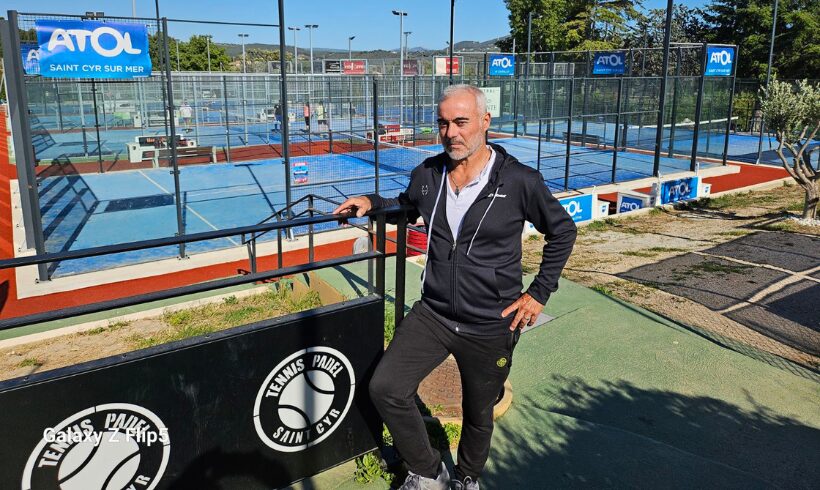 Alain Idier: “Adding tracks of padel, without sacrificing tennis”
Alain Idier: “Adding tracks of padel, without sacrificing tennis” Manuel Vives: “It’s extremely difficult to get by financially”
Manuel Vives: “It’s extremely difficult to get by financially” And 4 for Frédérick and Mehdy with network 4PADEL !
And 4 for Frédérick and Mehdy with network 4PADEL ! Benoît Letourneau (GM Squash & Padel): “Have a hundred young people in multi-snowshoes within three years”
Benoît Letourneau (GM Squash & Padel): “Have a hundred young people in multi-snowshoes within three years” World Seniors Plus 2024: the French in the semi-final!
World Seniors Plus 2024: the French in the semi-final! The French Overseas Territories: land of padel and challenges facing humidity and cyclones
The French Overseas Territories: land of padel and challenges facing humidity and cyclones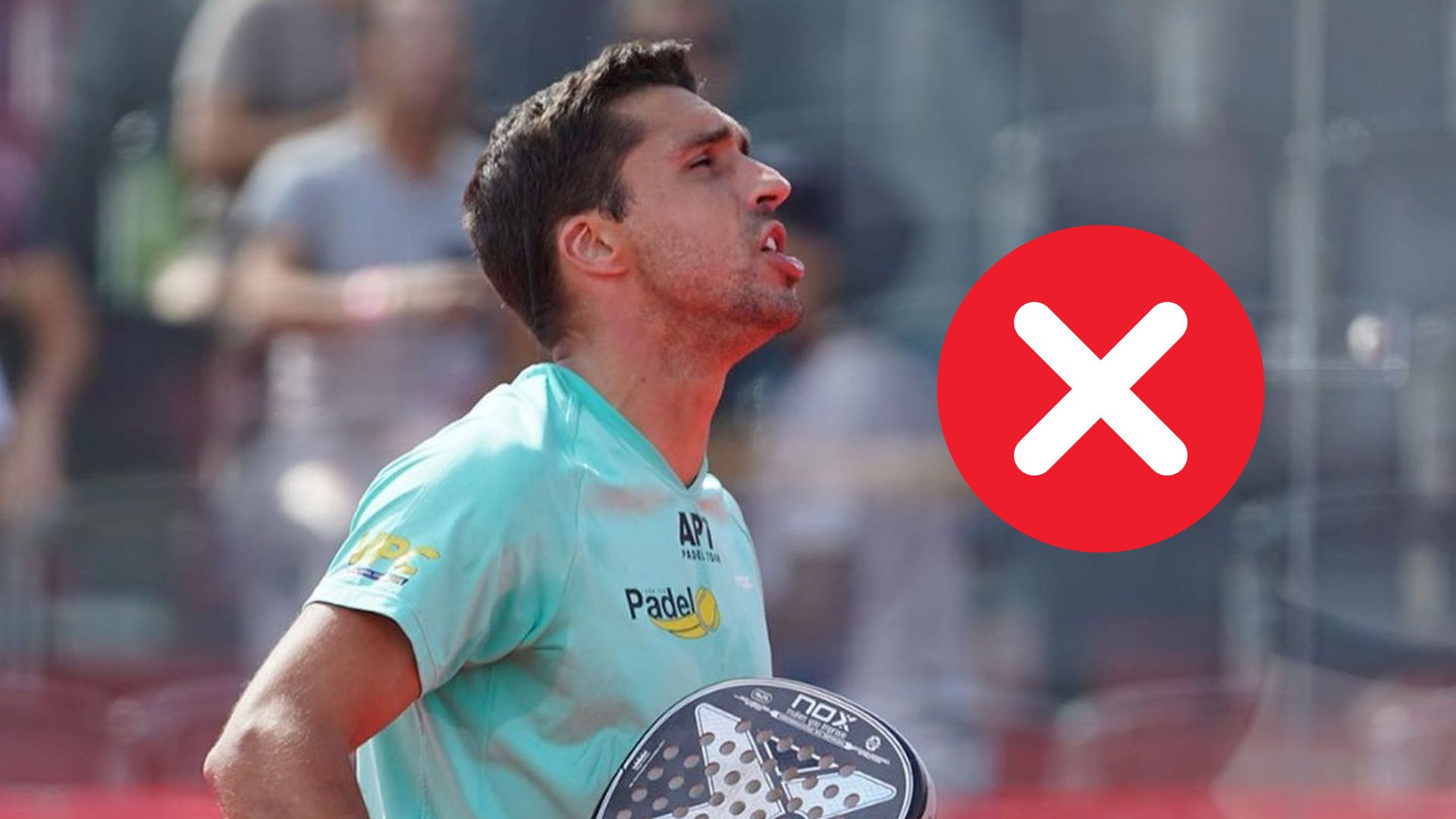 A par 4 is always a winner...even if you manage to defend it!
A par 4 is always a winner...even if you manage to defend it!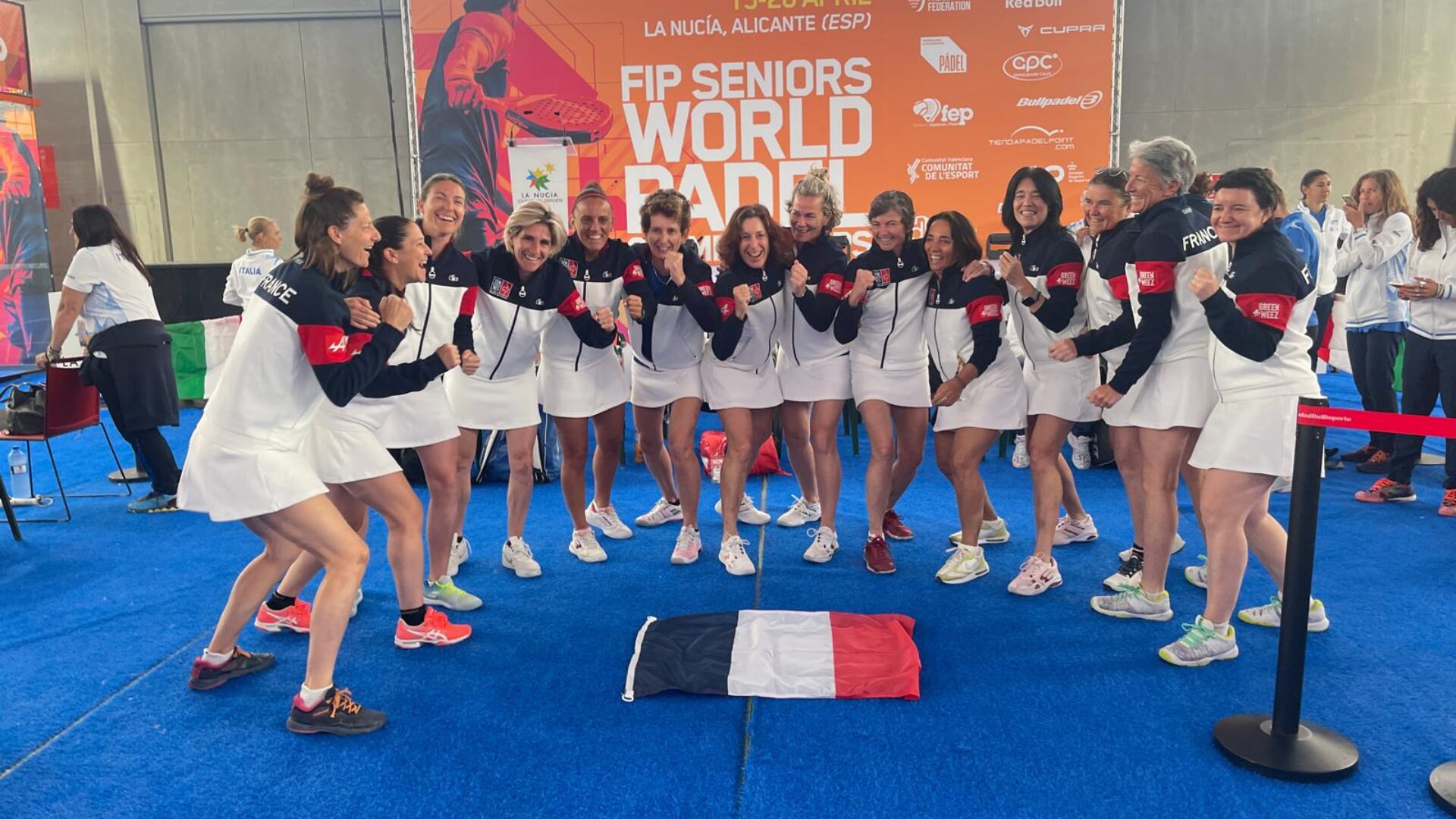 World Seniors Plus 2024: the French in the final against Spain!
World Seniors Plus 2024: the French in the final against Spain! World Seniors Plus 2024 Open (F): the French imitate the French with 4 pairs in the semi-finals
World Seniors Plus 2024 Open (F): the French imitate the French with 4 pairs in the semi-finals World Seniors Plus 2024 Open (M): four French pairs in the semi-finals, and the psychological advantage gained against the Italians!
World Seniors Plus 2024 Open (M): four French pairs in the semi-finals, and the psychological advantage gained against the Italians! Play at padel on his yacht? Possible for €233.000!
Play at padel on his yacht? Possible for €233.000! TOP Padel : “A premium club with 10 slopes in Toulouse”
TOP Padel : “A premium club with 10 slopes in Toulouse” The padel of the Barrière Country Club are born in La Baule
The padel of the Barrière Country Club are born in La Baule Why clubs padel do they close?
Why clubs padel do they close? The basic tactics of padel
The basic tactics of padel Carbon fiber VS fiberglass: what to choose?
Carbon fiber VS fiberglass: what to choose? How to effectively test a racket padel ?
How to effectively test a racket padel ? At the heart of padel – Episode 23: defend the window well
At the heart of padel – Episode 23: defend the window well Prohibition on playing topless Padel : the reasons
Prohibition on playing topless Padel : the reasons What is the difference between a dormilona, a dejada and a cushioned puerta?
What is the difference between a dormilona, a dejada and a cushioned puerta? FIP Tour – Going far from Europe, THE strategy to earn points!
FIP Tour – Going far from Europe, THE strategy to earn points! What is a good football player? padel ?
What is a good football player? padel ? “Lefties give me headaches when I play against them!”
“Lefties give me headaches when I play against them!” At the heart of padel – Episode 14: how to earn points in winter?
At the heart of padel – Episode 14: how to earn points in winter?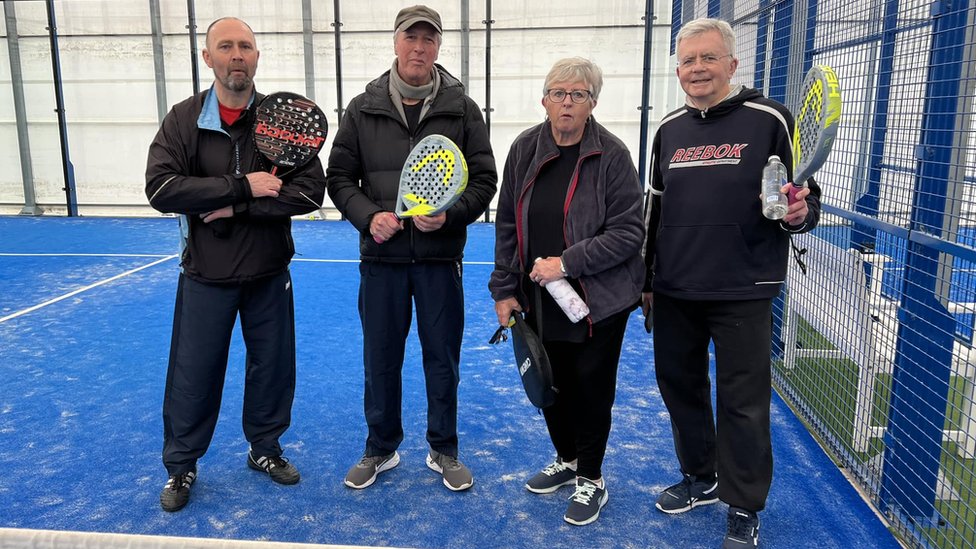 La padel to fight Parkinson's disease
La padel to fight Parkinson's disease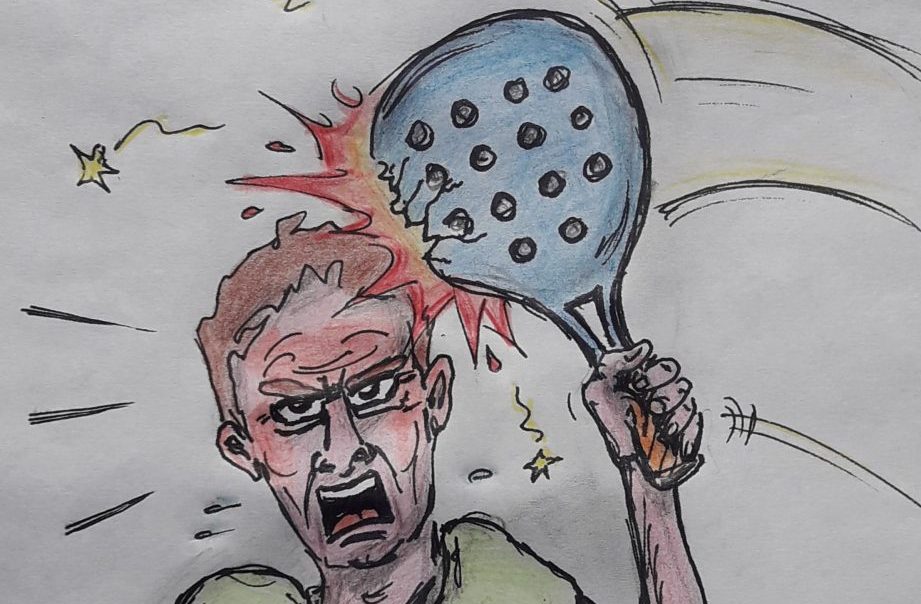 Don't play with a cracked or broken racket, your body will thank you!
Don't play with a cracked or broken racket, your body will thank you! Michel Cymes: “The padel, physically, it’s serious!”
Michel Cymes: “The padel, physically, it’s serious!”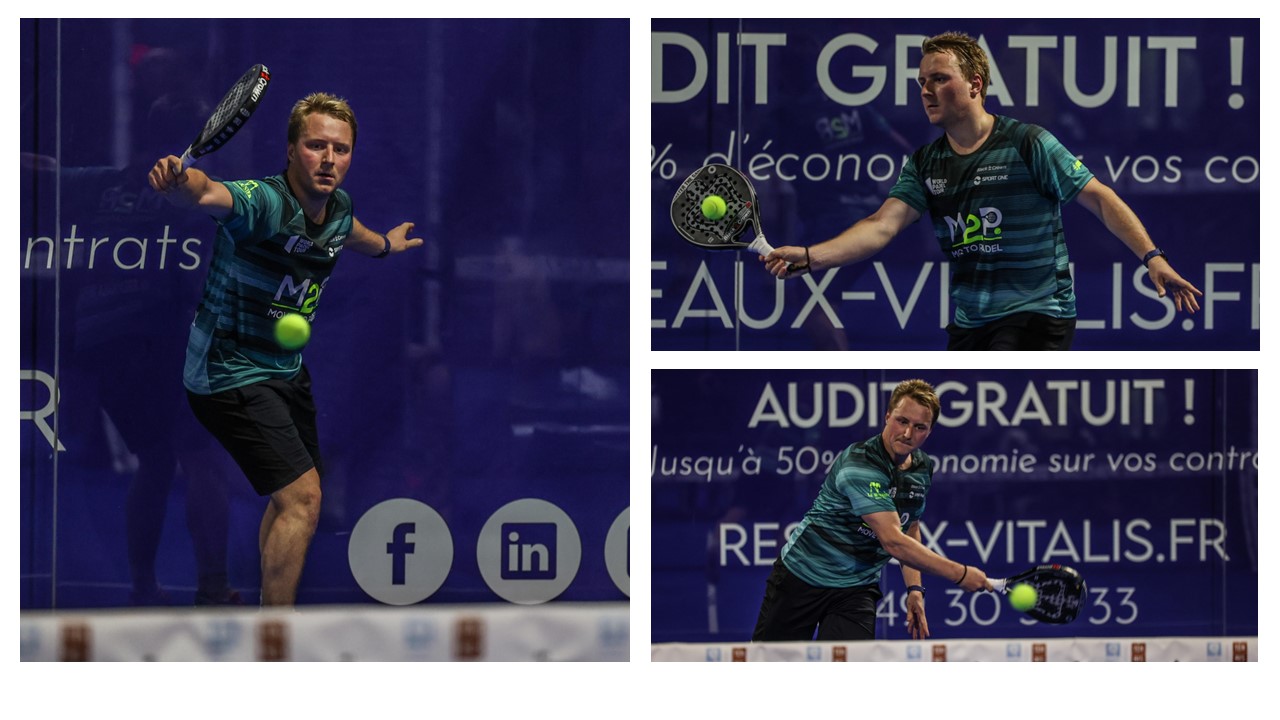 Jeremy Gala: “Promote the padel among young people in Belgium remains a challenge”
Jeremy Gala: “Promote the padel among young people in Belgium remains a challenge”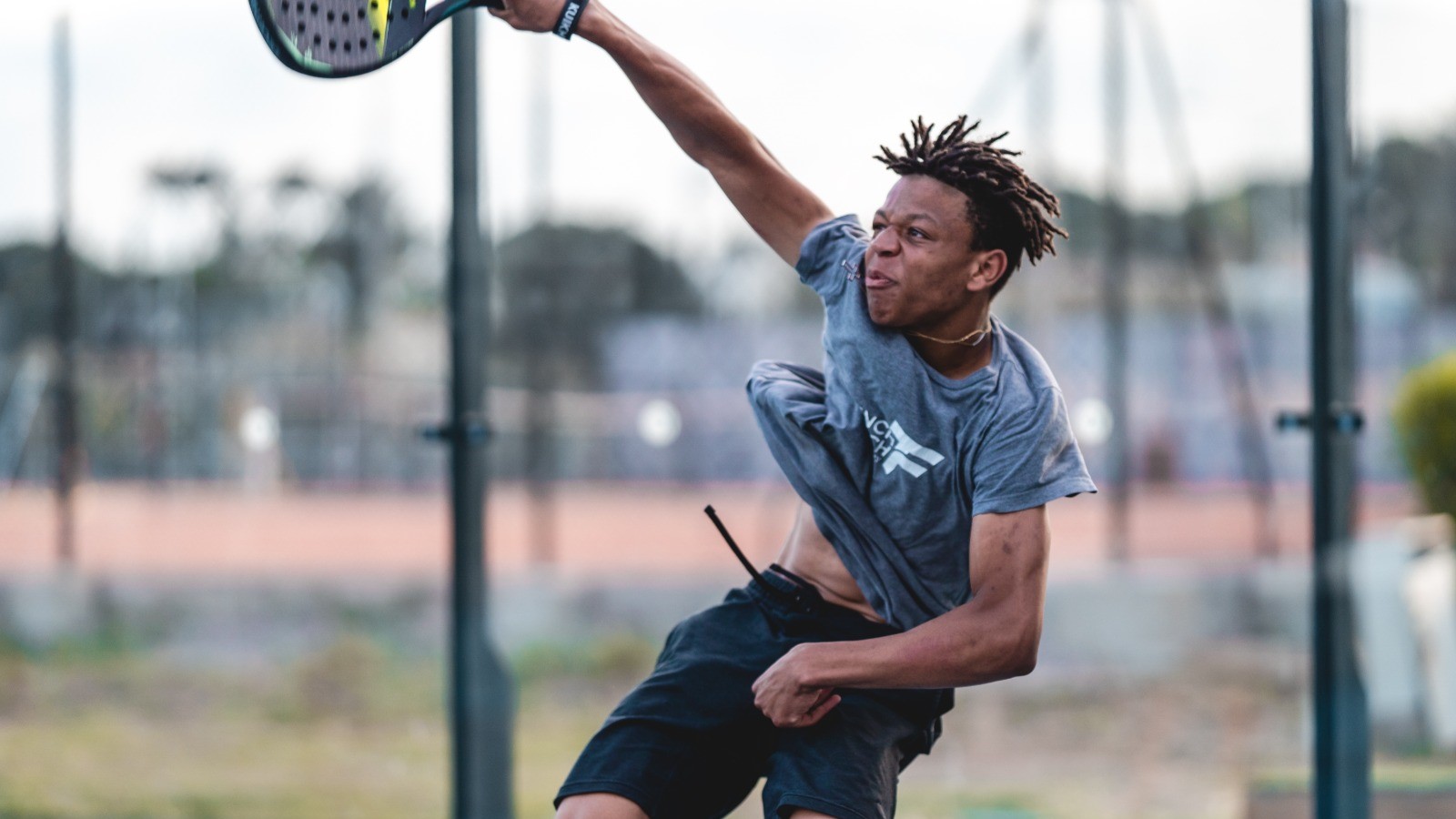 The French Touch Academy organizes its selection day Padel-Study
The French Touch Academy organizes its selection day Padel-Study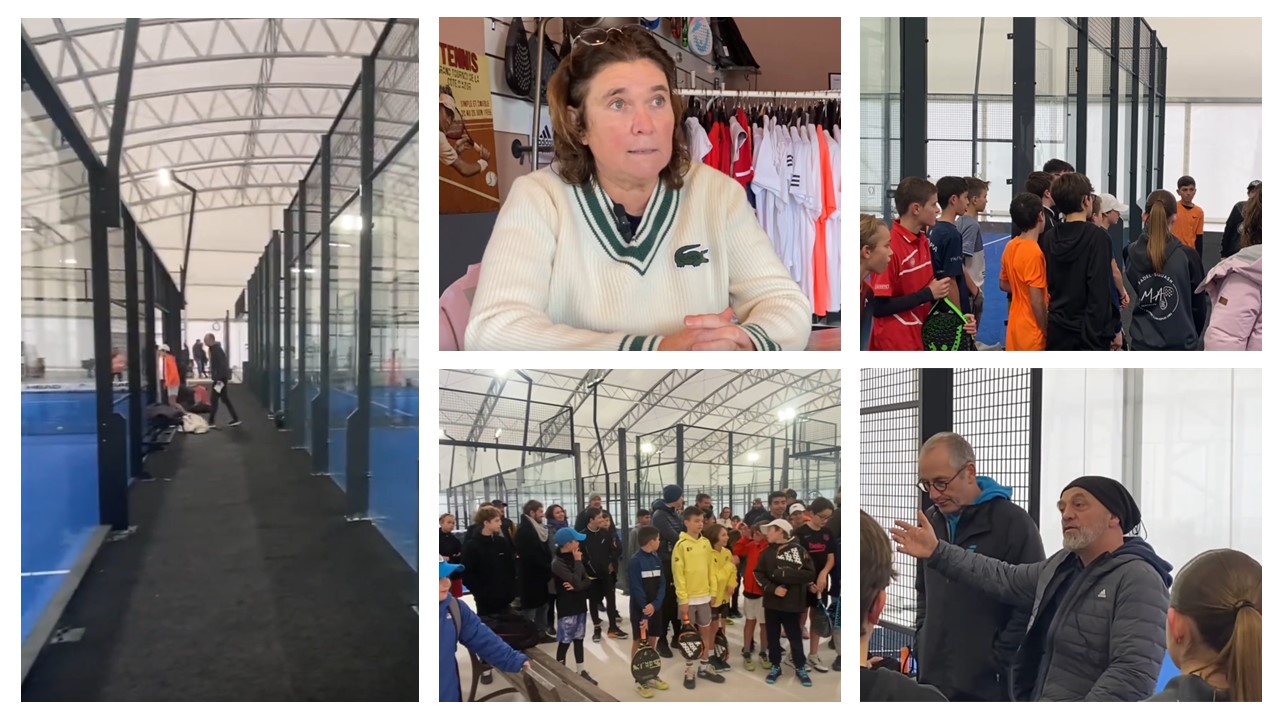 Report on the detection and training of younger generations
Report on the detection and training of younger generations Player's adult courses from April 8 to 21, 2024!
Player's adult courses from April 8 to 21, 2024!